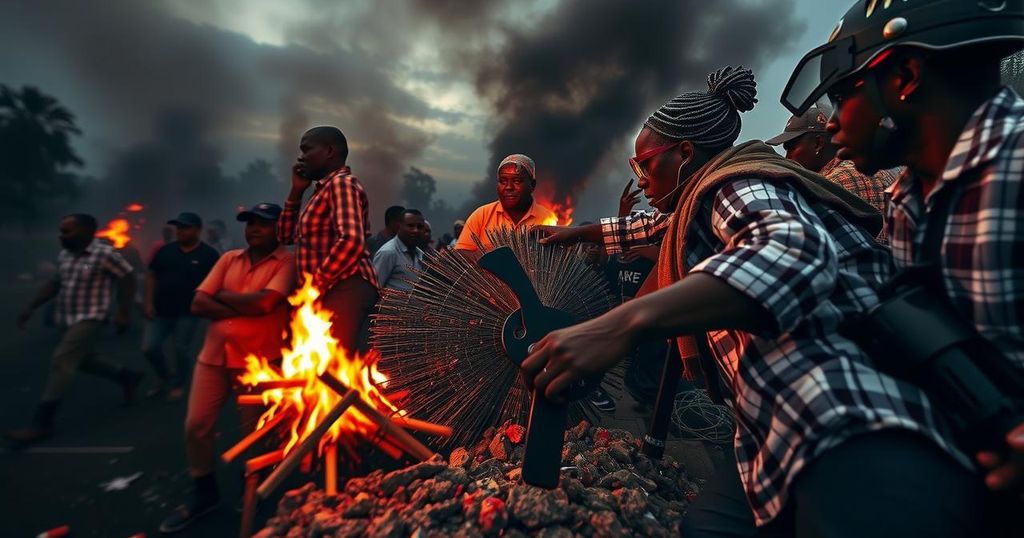Concerns of Post-Election Violence in Mozambique for Southern Africa’s Stability

Mozambique is facing violent protests following disputed elections, with the ruling Frelimo party extending its 49-year rule amid allegations of electoral fraud. The violence has resulted in at least 30 deaths, prompting concerns regarding regional stability. Mozambique’s political turmoil has repercussions for Southern Africa’s trade and economic interactions, especially with neighboring South Africa, which has closed its border due to unrest.
The post-election violence in Mozambique, which has erupted following the controversial October 9 elections, raises significant concerns for the Southern African region. The ruling Frelimo party, which has been in power for 49 years, declared victory, leading to widespread protests against perceived electoral irregularities. With at least 30 fatalities reported, this turmoil is particularly alarming in light of Mozambique’s strategic role in regional trade and its history of destabilization through political conflict.
Mozambique is grappling with the ramifications of post-election unrest, which threatens not only its domestic stability but also the broader Southern African region. The country’s recent elections have been marred by allegations of fraud and irregularities as observed by the European Union. The political climate remains tense, echoing past conflicts, including a 15-year civil war and ongoing struggles against insurgent groups. The situation threatens to exacerbate issues such as illegal migration and economic disruption, particularly in light of Mozambique’s vital trade links.
In conclusion, the ongoing post-election violence in Mozambique poses critical challenges to political stability and economic relations within Southern Africa. The immediate consequences of this unrest include not only loss of life but also economic repercussions that extend beyond Mozambique’s borders. The international community must monitor these developments closely, as the potential for further instability could have far-reaching implications for the region’s overall security and democratic integrity.
Original Source: apnews.com






